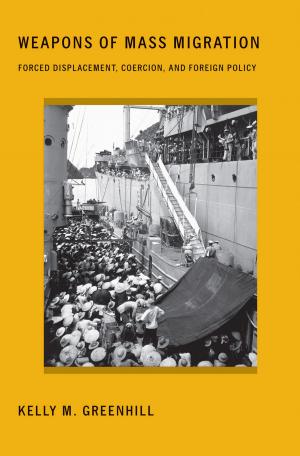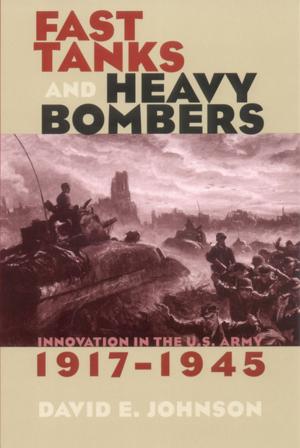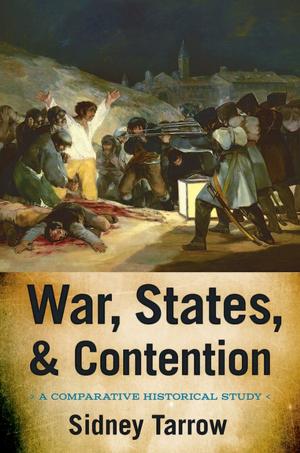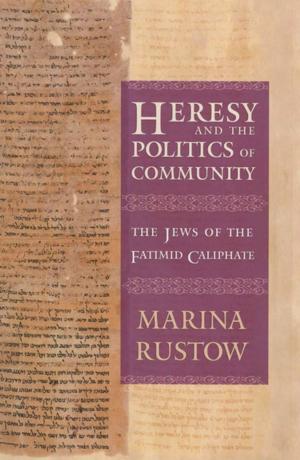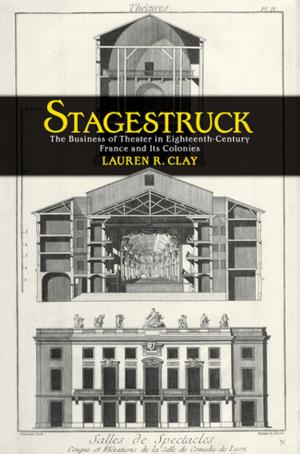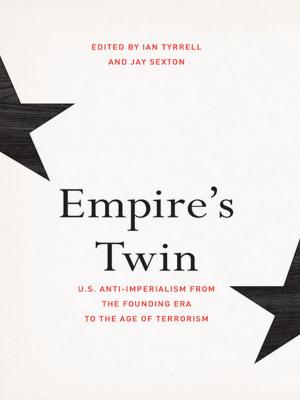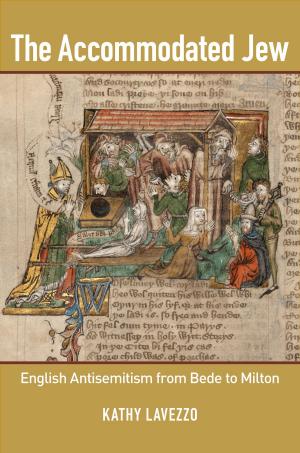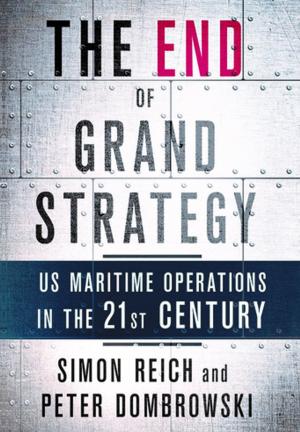Stopping the Bomb
The Sources and Effectiveness of US Nonproliferation Policy
Nonfiction, Social & Cultural Studies, Political Science, Politics, Arms Control, International, International Security| Author: | Nicholas L. Miller | ISBN: | 9781501717826 |
| Publisher: | Cornell University Press | Publication: | April 15, 2018 |
| Imprint: | Cornell University Press | Language: | English |
| Author: | Nicholas L. Miller |
| ISBN: | 9781501717826 |
| Publisher: | Cornell University Press |
| Publication: | April 15, 2018 |
| Imprint: | Cornell University Press |
| Language: | English |
Stopping the Bomb examines the historical development and effectiveness of American efforts to prevent the spread of nuclear weapons. Nicholas L. Miller offers here a novel theory that argues changes in American nonproliferation policy are the keys to understanding the nuclear landscape from the 1960s onward. The Chinese and Indian nuclear tests in the 1960s and 1970s forced the US government, Miller contends, to pay new and considerable attention to the idea of nonproliferation and to reexamine its foreign policies. Stopping the Bomb explores the role of the United States in combating the spread of nuclear weapons, an area often ignored to date. He explains why these changes occurred and how effective US policies have been in preventing countries from seeking and acquiring nuclear weapons. Miller's findings highlight the relatively rapid move from a permissive approach toward allies acquiring nuclear weapons to a more universal nonproliferation policy no matter whether friend or foe. Four in-depth case studies of US nonproliferation policy—toward Taiwan, Pakistan, Iran, and France—elucidate how the United States can compel countries to reverse ongoing nuclear weapons programs. Miller's findings in Stopping the Bomb have important implications for the continued study of nuclear proliferation, US nonproliferation policy, and beyond.
Stopping the Bomb examines the historical development and effectiveness of American efforts to prevent the spread of nuclear weapons. Nicholas L. Miller offers here a novel theory that argues changes in American nonproliferation policy are the keys to understanding the nuclear landscape from the 1960s onward. The Chinese and Indian nuclear tests in the 1960s and 1970s forced the US government, Miller contends, to pay new and considerable attention to the idea of nonproliferation and to reexamine its foreign policies. Stopping the Bomb explores the role of the United States in combating the spread of nuclear weapons, an area often ignored to date. He explains why these changes occurred and how effective US policies have been in preventing countries from seeking and acquiring nuclear weapons. Miller's findings highlight the relatively rapid move from a permissive approach toward allies acquiring nuclear weapons to a more universal nonproliferation policy no matter whether friend or foe. Four in-depth case studies of US nonproliferation policy—toward Taiwan, Pakistan, Iran, and France—elucidate how the United States can compel countries to reverse ongoing nuclear weapons programs. Miller's findings in Stopping the Bomb have important implications for the continued study of nuclear proliferation, US nonproliferation policy, and beyond.


